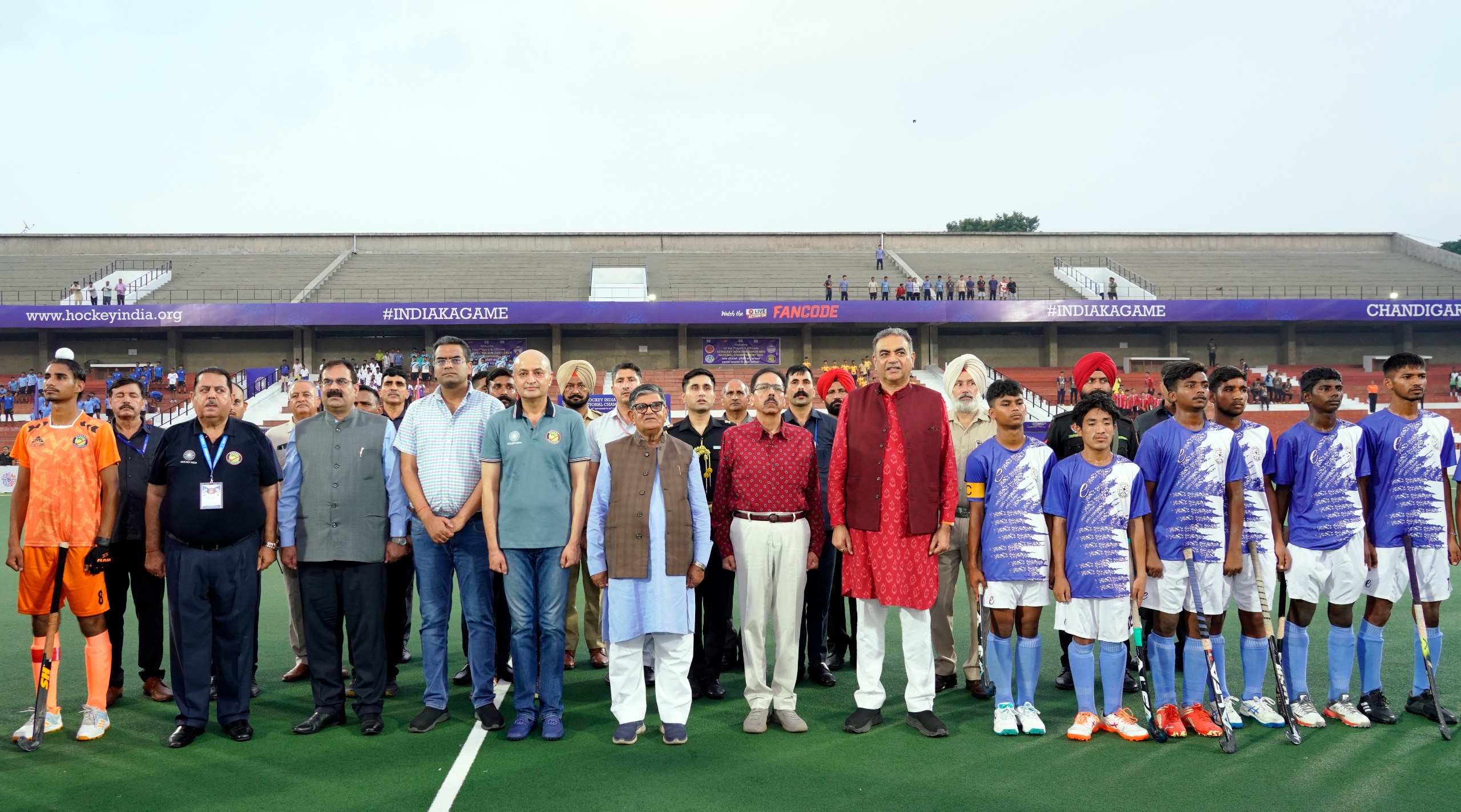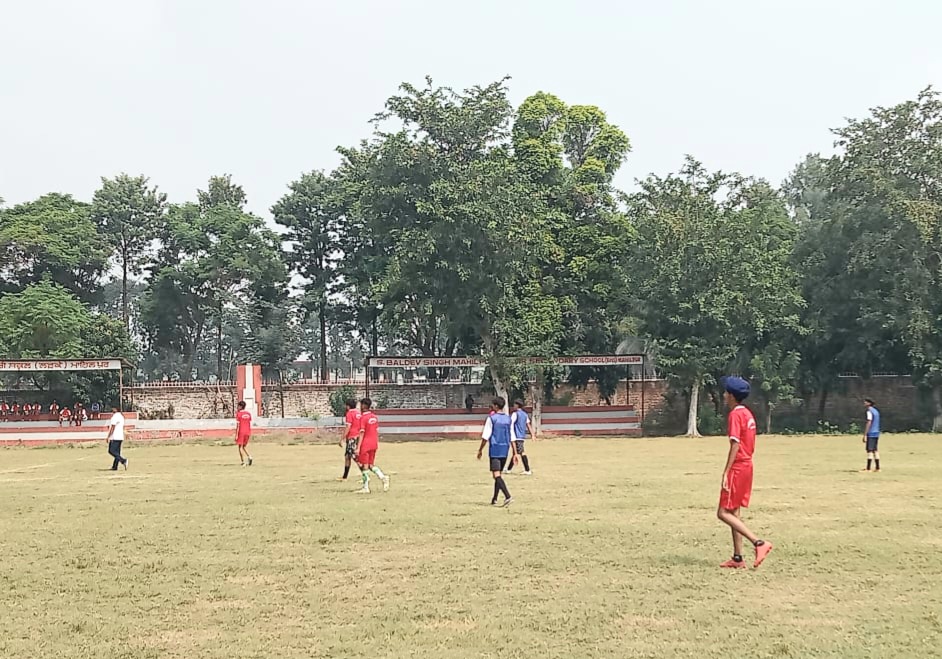
PGIMER Organized Inflammatory Bowel Disease Patient Awareness Program
The Department of Gastroenterology at PGIMER, Chandigarh, organized a comprehensive awareness program for patients with Inflammatory Bowel Disease (IBD). The program, held at the Bhargava Auditorium on 18th May, aimed to educate patients & general public about the different aspects of IBD and provide them with information on available treatment options and strategies to manage the disease.
The Department of Gastroenterology at PGIMER, Chandigarh, organized a comprehensive awareness program for patients with Inflammatory Bowel Disease (IBD). The program, held at the Bhargava Auditorium on 18th May, aimed to educate patients & general public about the different aspects of IBD and provide them with information on available treatment options and strategies to manage the disease.
The program was initiated by Dr. Vishal Sharma, who began by providing patients with an overview of IBD. He discussed the various forms of the disease, their presentations, and the course they may take. Prof. Usha Dutta, Head, Department of Gastroenterology, PGI explained the medical and surgical treatment options available for IBD, along with ways to cope with different phases of the disease. "We have to take knowledge and medical care to the public," said Prof. Usha Dutta,
During the program, Prof. S K Sinha delved into the dietary modifications required to manage IBD effectively. He also shed light on the different diets that should be consumed during various phases of the disease. Prof. Akshay Anand focused on the benefits of practicing yoga in managing IBD. He demonstrated different types of yoga exercises that patients can perform to maintain a healthy lifestyle.
Dr. Anupam Kumar Singh addressed the topic of infection prevention amongst IBD patients, emphasizing the importance of early detection of cancer in IBD patients. He also provided insights into healthy habits and ways to prevent infections. Throughout the sessions, patients had the opportunity to address their doubts and concerns regarding the disease, including the necessity for continuous medication and regular follow-ups. Some patients also shared their personal experiences and the journey of their disease.
The program was well-received by attendees, and the faculty members concluded the event by expressing their gratitude to all participants.








